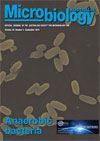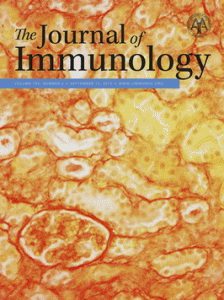
The National Ombudsman of The Netherlands has criticized some aspects of an investigation by Utrecht University that found a researcher had committed “a violation of academic integrity.”
Specifically, the Ombudsman found the investigation — which we covered last year — did not adequately involve the affected researcher, Pankaj Dhonukshe, and therefore violated rules of “fair play.” Dhonukshe expressed relief in a statement he emailed to us about the ruling: Continue reading Dutch investigation of researcher violated rules of “fair play”: Ombudsman
 A paper on
A paper on 

 All but one of the authors of a
All but one of the authors of a 

